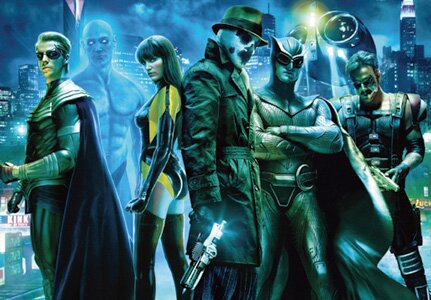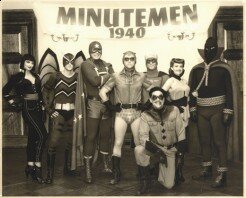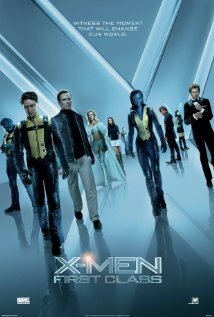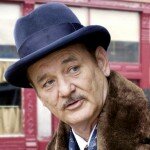It’s exciting to see a film that questions not just society, but you as a person; your moral standing and how you see life. Even more fascinating for some is that it can come from a ‘superhero’ film. At the time of writing, Watchmen is still in cinemas after receiving mixed reviews from both the critics and the general public. Those expecting a film of the Superman kind are kidding themselves because this film is the anti-Christ to all the G-rated crime-busters. Watchmen is as relevant now in today’s world as it was in 1985, when the graphic novel series took readers’ worldly perceptions to a whole new place.
– Warning: this article contains spoilers –
The alternate 1985 sees President Nixon elected for a third term, and vigilante heroes, once the toast of New York City, exiled into retirement. Watchmen delves into the lives of these heroes and how their pasts affect the present and the future. Fighting crime is never as simple as justice against crooks, in any superhero film really, but rather a test of humanity as the hero tries to refrain from sinking into unrecoverable depths.
|
|
It’s here in Watchmen that the humanitarian morals stand out. As Ozymandias/Adrian Veidt justifies that killing millions in his pre-empted attack has saved billions, Nite Owl/Dan Dreiberg states that he hasn’t reshaped the world, but rather deformed it. In a world today where war is increasingly technological, we still have the ultimate fear of a nuclear attack, no different to that of NYC in Watchmen (this 1985 centred after Vietnam but still in the midst of the Cold War). But what this story does is play out to us through its final stages is that even the idea of the ‘greater good’ can never benefit everyone.
Why would I save a world I no longer have any stake in?
As the credits so masterfully depict with the help of Bob Dylan, the times are a’changin’. With harsher times comes greed; both in the form of corporate power, as exemplified by Veidt, and comfort, shown by the complex relationships between Comedian/Edward Blake and Silk Spectre/Sally Jupiter and Rorschach’s satisfaction in killing people. The women don’t try to be but are ultimately femme fatales – Silk Spectre’s desire for love led her back to the man who tried to rape her, but she never had closure because of Laurie and finds herself forgiving him. Rorschach: what does he see? A childhood filled with ridicule from having a prostitute mother which shaped the maniacal justification for his killings. It’s stories like this that are sadly present in today’s world, and Watchmen’s public find themselves helpless against those in a seemingly ‘higher’ position to call the shots that benefit themselves. What’s interesting here though is at the same time we are shown a group of very fragile individuals who are just as helpless – even they can’t grasp what is happening to them. Dr. Manhattan’s influence as a God-like creature suggests that there is always a higher order – but when he doesn’t know how it’ll end then what hope have we got?
Our world can appear like that a lot of the time, where the direction we are headed seems doomed; and Watchmen’s complex themes show the audience that while there is unsettlement and discontent, life is a miracle. This film is relevant because it shows that sometimes we have to question why things are as they are. Why we choose them to be. Watchmen stands to reflect a society not so different to our own through the flawed psyches of these people, who have turned to fighting the world under different personas – different identities. We see that it’s not just about defeating the villains. It’s also about finding ourselves underneath the masks.
I heard a joke once: Man goes to doctor. Says he’s depressed. Says Life is harsh and cruel. Says he feels all alone in a threatening world. Doctor says “Treatment is simple. The Great Clown Pagliacci is in town tonight. Go see him. That should pick you up.” Man bursts into tears. Says, “But doctor… I am Pagliaci.” Good joke. Everybody laugh. Roll on snare drum. Curtains.
 Follow the author Katina Vangopoulos on Twitter.
Follow the author Katina Vangopoulos on Twitter.











